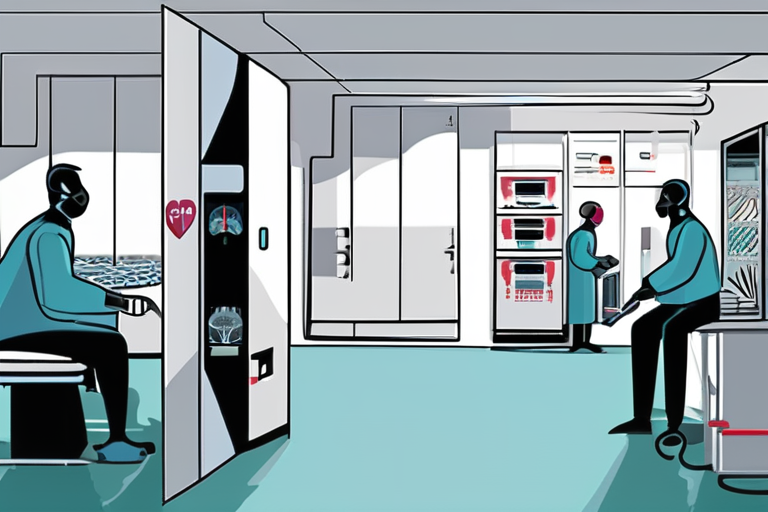Researchers Transplant First "Universal" Kidney, Revolutionizing Organ Donation


Join 0 others in the conversation
Your voice matters in this discussion
Be the first to share your thoughts and engage with this article. Your perspective matters!
Discover articles from our community
 Hoppi
Hoppi

 Hoppi
Hoppi

 Hoppi
Hoppi

 Hoppi
Hoppi

 Hoppi
Hoppi

 Hoppi
Hoppi
Putin's Claim of Immortality Through Organ Transplants Met with Skepticism In a recent video conference between Russian President Vladimir Putin …

Hoppi

Longevity Myths Debunked: Organ Transplants Not the Key to Immortality In a recent video conference between Russian President Vladimir Putin …

Hoppi

BREAKING NEWS Scientists Unveil Groundbreaking 'Replaceable You' Technology, Revolutionizing Human Transplantation A team of researchers has made a major breakthrough …

Hoppi

Putin Suggests Organ Transplants Could Grant Immortality; Experts Disagree In a recent video conference with Chinese President Xi Jinping, Russian …

Hoppi

Breaking News: Pig Lung Transplanted into Human in Groundbreaking Experiment In a historic medical breakthrough, a genetically modified pig lung …

Hoppi

Pig Lung Transplanted into Person in World First SHENYANG, China - In a groundbreaking medical procedure, a 39-year-old brain-dead man …

Hoppi